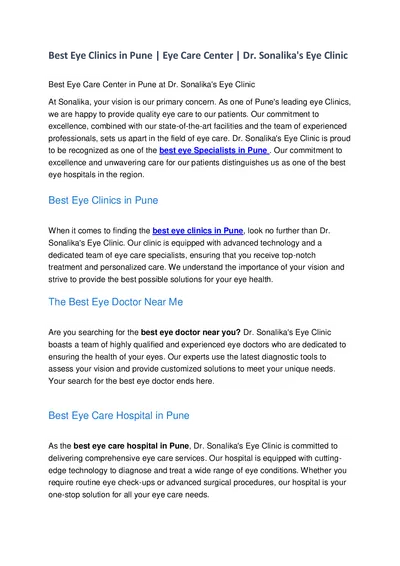PPT-Renaissance Prenatal Care Program
Author : lois-ondreau | Published Date : 2018-10-23
TM Renaissance Prenatal Care Program TM Every Renaissance comes to the world with a cry the cry of the human spirit to be free Anne Sullivan Macy Mission Renaissance
Presentation Embed Code
Download Presentation
Download Presentation The PPT/PDF document "Renaissance Prenatal Care Program" is the property of its rightful owner. Permission is granted to download and print the materials on this website for personal, non-commercial use only, and to display it on your personal computer provided you do not modify the materials and that you retain all copyright notices contained in the materials. By downloading content from our website, you accept the terms of this agreement.
Renaissance Prenatal Care Program: Transcript
Download Rules Of Document
"Renaissance Prenatal Care Program"The content belongs to its owner. You may download and print it for personal use, without modification, and keep all copyright notices. By downloading, you agree to these terms.
Related Documents














